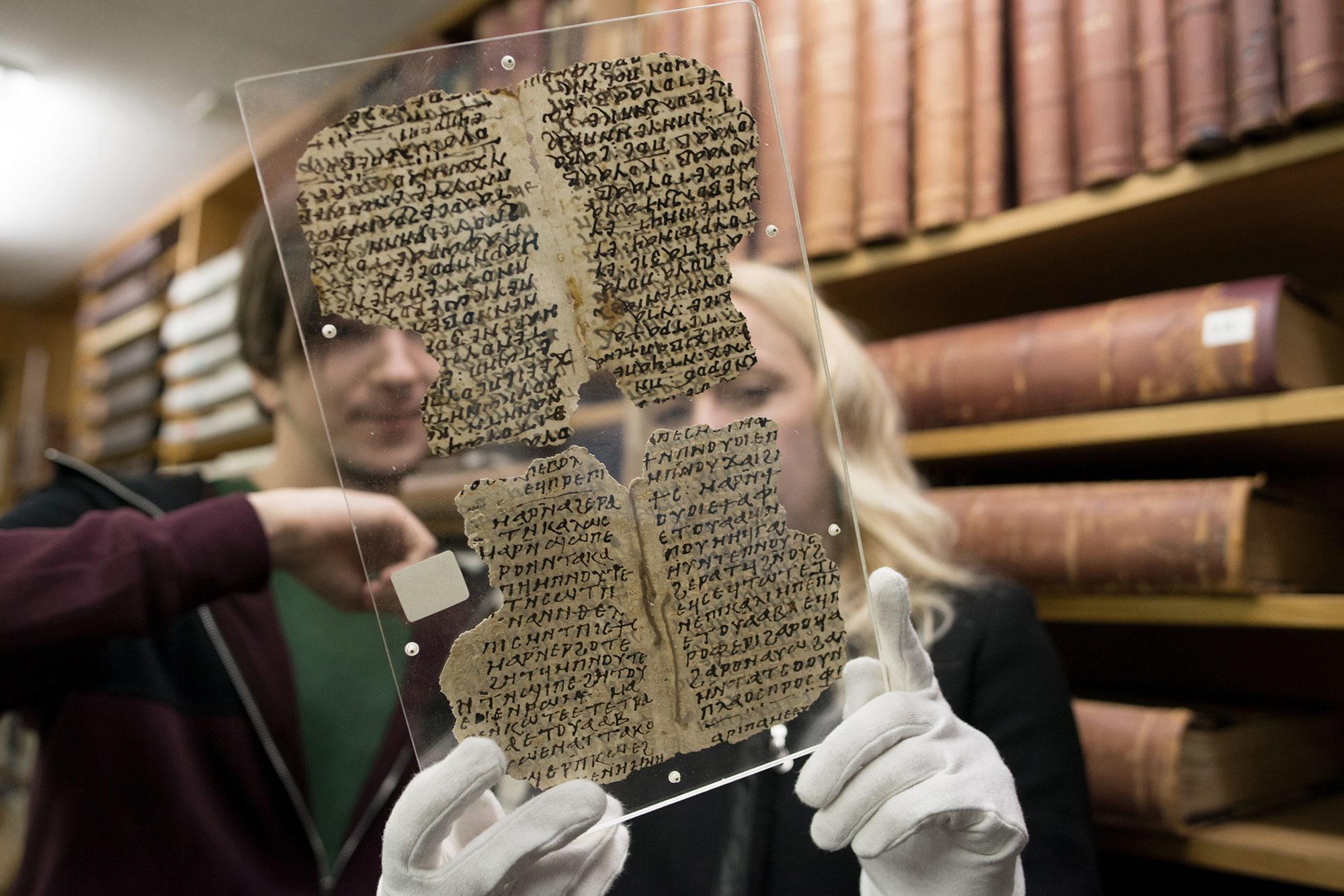SNSF Swiss Postdoctoral Fellowships 2021: 74 projects approved

The SNSF is awarding grants worth 18 million francs in total as part of the transitional measure "SNSF Swiss Postdoctoral Fellowships 2021".
After evaluating the 750 applications it received for SNSF Swiss Postdoctoral Fellowships 2021, the SNSF has approved 74 projects. They will be allocated a budget of 18 million francs for an average of 2 years.
Due to Switzerland's status as a non-associated third country in Horizon Europe, the SNSF launched the transitional measure "SNSF Swiss Postdoctoral Fellowships 2021" on behalf of the Swiss government. The call addressed young researchers who wanted to apply for a fellowship under the Marie Sklodowska-Curie Actions (MSCA PF) and were hoping to obtain a position at a non-profit research institution in Switzerland for 12 to 24 months.
Slightly higher success rate for women
At 10.5%, the success rate for women is slightly higher than for men (9.4%). Of the 74 approved projects, 31 – or 42% - will be led by female researchers. Moreover, 27 nationalities are represented among the 74 recipients of these grants, with Germany, China, France and Switzerland topping the list.
In each research field, experts – mainly from abroad but also some Swiss – evaluated the submitted applications. Of the funded projects, 32 are in mathematics, natural sciences and engineering, 30 in life sciences, and 12 in the social sciences and humanities, an area that received fewer applications.
Researchers at the universities will receive nearly 52.7% of the funds, while 44.6% have been allocated to the ETH domain and 2.7% to other institutions.
Examples of funded projects
Life sciences
How is the organisation and structure of the photosynthetic membrane established? This is the question Annemarie Perez Boerema (University of Basel) aims to explore in her project. This knowledge can aid future research into the improvement and exploitation of photosynthesis for important applications - for example, to improve the production of renewable fuels or to make photosynthesis more efficient in crops.
Mathematics, natural sciences and engineering
Light-emitting diodes (LEDs) are among the most promising energy-saving technologies in the world today. Recently, lead halide perovskite LEDs have drawn interest due to their low cost, high efficiency and simple manufacturing processes. Unfortunately, lead is toxic and unstable. Fuxiang Ji (ZHAW) will develop lead-free halide perovskite LEDs to resolve these crucial issues.
Social sciences and humanities
Merve Erdem Burger (University of Neuchâtel) will compare the varied ways in which established spacefaring countries have integrated international space law obligations into their domestic law. She will also evaluate lessons-learned for emerging outer space countries that have yet to establish relevant legislation.